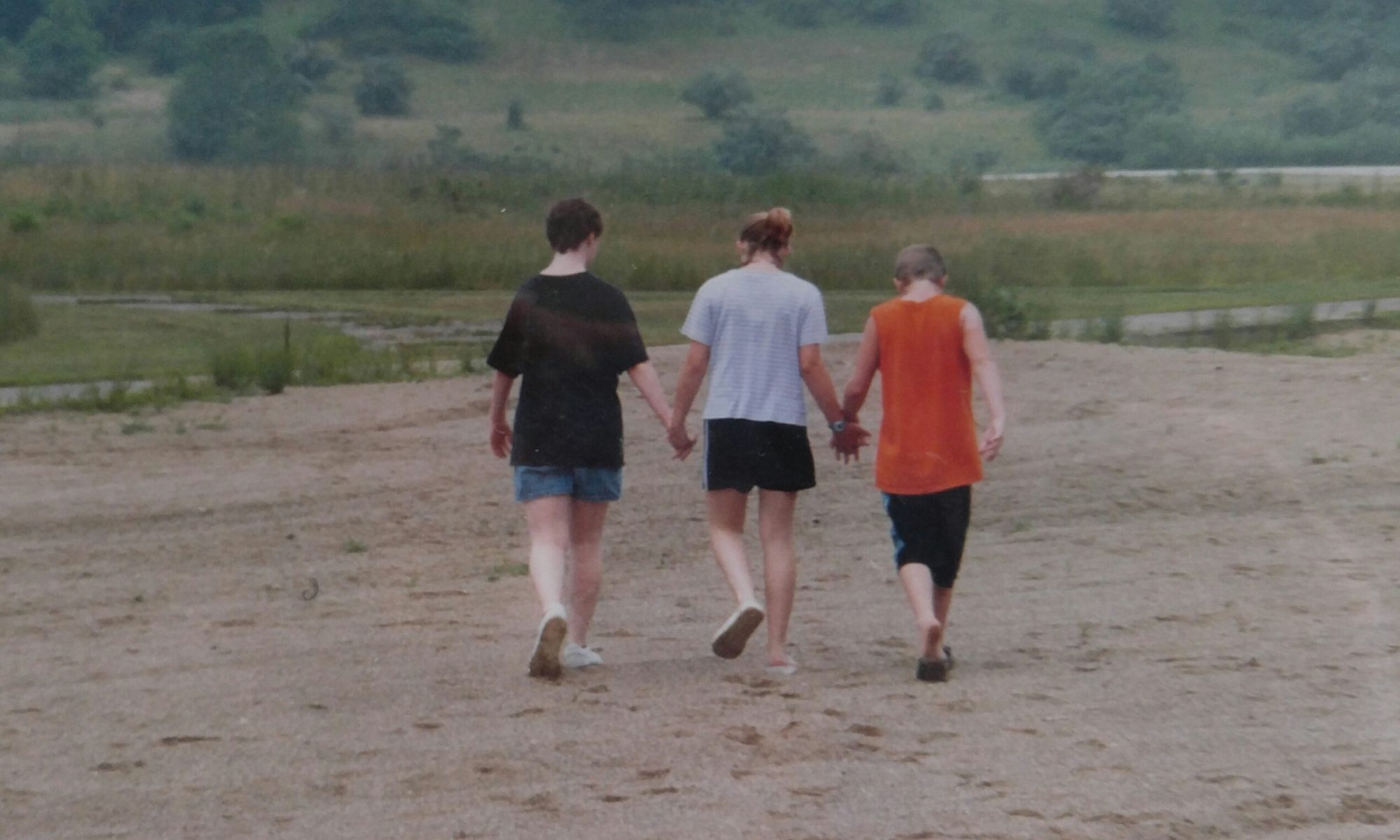
It was in the news again the other day. Another child with autism wandered away from school. The scary part was that he left the school and it was an hour before they knew he was gone. From what I understand, they only realized it when his mom called and asked where he was. The teacher was a substitute (not an excuse, however!) and he left.
He was found by a kind stranger who got him to safety after he crossed a busy street in front of her. When he couldn’t answer her questions, she called the police only to find out no one had reported him missing. As she waited for an officer, she posted his picture on Facebook and a friend of hers happened to be the boy’s mom and contacted her. Can you imagine finding out on Facebook that your son was missing?
I cannot even begin to imagine how that mom felt. I would have been beyond furious – especially when I discovered the school didn’t even know he was missing, yet – and it had been an hour! The anger and the hurt and the fear – this was a place where her child was supposed to be safe!
I understand how quick kids can be – even typical kids! Kids with autism can be determined and typical things (such as locks) may not deter them. I was lucky. Casey wandered off the school playground once but her teacher was right behind her. Rob left the yard once. We live across the street from a ball field and for a while, he loved nothing more than carrying his bat, ball and glove around. He saw a bunch of boys playing, grabbed his things and crossed the street. (I had stepped into the garage for less than a minute!)
Neither on mine tried to leave the house at night. I know so many people with autism are wanderers and nighttime does not deter that. Nor do locks. I have heard many people say there is no way they can get out of locked doors and I can tell you – they can. They seem to understand how the lock works and how to open it. Don’t believe me?
I had a bicycle lock that had four numbers you needed to line up in the correct order. I never let either of the kids see the front or back of the lock as I opened it. It took Rob less than three days to pick that lock. I had no idea how he did it until I bought a combination lock. I was sure he wouldn’t be able to figure it out. A few days later, I saw him holding it and studying it closely as he turned the knob. The lock opened in his hands. I still don’t know if he heard it or if it jumped a little when the right number was found.
I gave up with locks like that and began to use ones with keys. The funny thing is – he will look at the key and not pick it up to use it. Casey, however, can smell those metal keys. No matter where I hide them, she finds them. I carry them with me when I need to. When I ask how she finds them, she laughs. I guess she isn’t interested in giving away her secret ability!
I know many families who have alarms on bedroom doors and doors that lead outside. The doors and windows are locked up tighter than a maximum security prison and still the person with autism can escape. It’s an uncanny ability and one that scares parents to death. How can you keep a child safe when nothing will stop them?
There are many systems available now where a bracelet or anklet is put on the person with autism. This bracelet makes it possible to track the person and seems like an amazing invention – except that many people will simply remove the “can’t be taken off” item and leave it. I have no doubts that Rob would take off anything like that that I tried to put on him. Casey might leave it on if I tell her it’s jewelry. But it’s hard to depend on a system when you aren’t sure if your child will leave it on.
Wandering is one of the scariest things about autism. People with autism are drawn to water – to places that aren’t safe. And, most of the time, they won’t answer when someone calls their name. To be found, they need to be spotted, not heard. I know how quick my kids have been (and still are!) and every time I leave the house with them, I probably look like a secret service person as I constantly watch where they are and what might attract them enough to cause them to leave my side. It’s hard to relax when you need to be constantly on guard.
I can understand how a child can wander from a school. I know they are quick. What I can’t understand is how a school can not know for an hour a special needs child is gone. Don’t they have procedures in place as the students walk from place to place? When we walk our preschoolers to the bathroom, we count when we leave the room, when we get to the bathroom, before we leave the bathroom and when we get back. Why wasn’t that class counted? Why wasn’t the teacher warned he may wander away?
Playing the blame game helps no one – except that talking about how easily a person with autism can get away might make more people aware of the problem. Maybe they will be more aware and more watchful.
